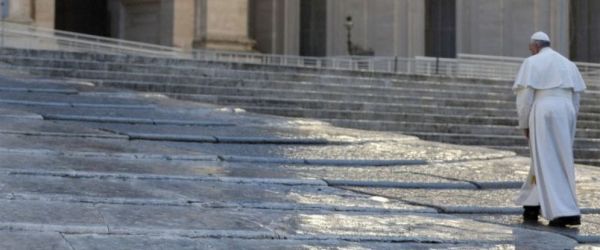When Jesus spoke, he used simple words and he also used images which were examples taken from daily life, in order to be easily understood by all. This is why they listened to him willingly and appreciated his message which directly touched their heart. And it was not that complicated language which was difficult to understand, as that used by the Doctors of the Law of that time, which was not easily understood, was very rigid and distanced people. And with this language Jesus made the mystery of the Kingdom of God understood; it was not complicated theology. And one example is that of today’s Gospel passage: the parable of the sower (cf. Mt 13:1-23).
The sower is Jesus. With this image, we can see that he presents himself as one who does not impose himself, but rather offers himself. He does not attract us by conquering us, but by donating himself: he casts seeds. With patience and generosity, he spreads his Word, which is not a cage or a trap, but a seed which can bear fruit.
[Pope Francis, Angelus 16 July 2017]












